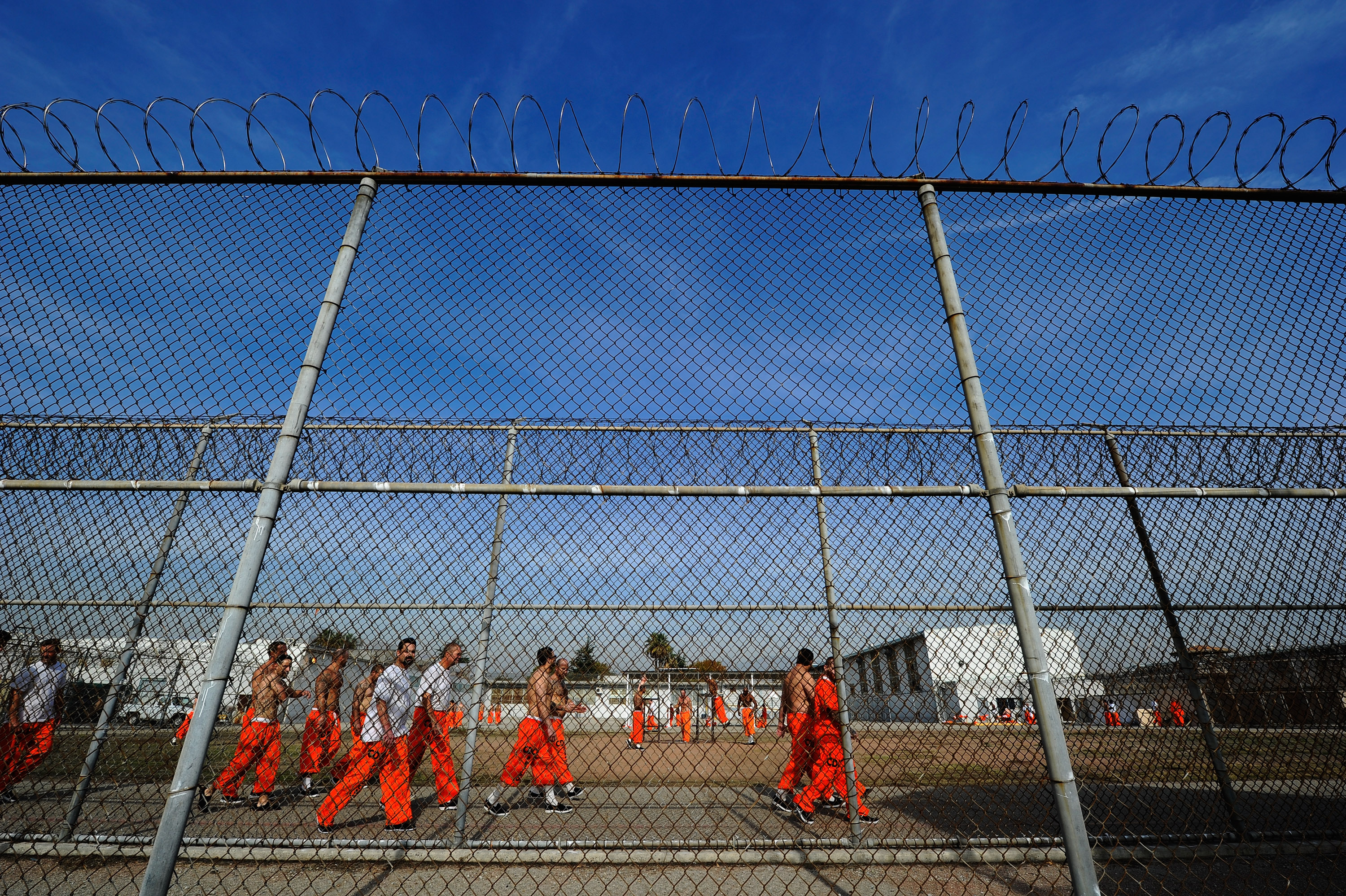The CARES Act that was passed in Washington, D.C., in March added $600 each week to unemployment benefits between March 29 and July 25. Now, though, many of the 25 million out-of-work Americans who were receiving the extra money will likely struggle to pay their bills.
Escondido resident Robin Rogers has been an event planner for 15 years, doing demonstrations and handing out samples at stores, events and concerts. When the stay-at-home order began, her work life ended.
"One day I was working, and the next day they said, 'This is it, this is your last day,' and they said it to everybody, so we all just went, 'OK, what do we do now?' " Rogers said.
To make matters worse, Rogers is a "hybrid worker" and has income reported on both 1099s and W2s. The CARES Act allows independent contractors to receive unemployment when typically they wouldn't be eligible, but if workers had any income that was reported on a W2, they only received benefits based on that income. For Rogers, this meant she got $114 a week from the state of California, which represented only about 15% of her total salary.
"Financially, it was a little rough," Rogers said. "Thank goodness for that extra $600 boost every week, because with that I’m still making a few hundred dollars less than I was, so if I didn’t have that I'd be in big trouble."
This weekend, the act providing that $600 boost will expire, and Rogers doesn't know what she's going to do.
"It will be difficult," Rogers said. "I’ve already cut back on a lot of things. My savings account has gone down. I think about my kids, saving for college."
California
News from across California
Rogers said she's signing petitions and hoping for relief from Washington. Congress is considering a new stimulus package, but it's unclear if out-of-work Americans would receive any extra money on top of their state’s benefits.



